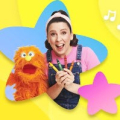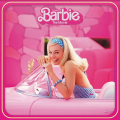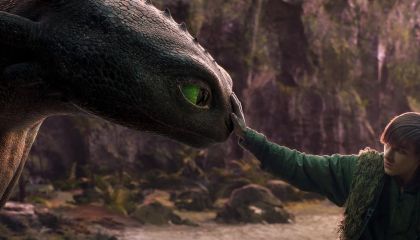
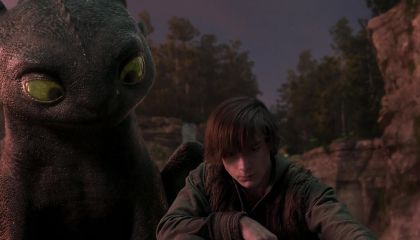
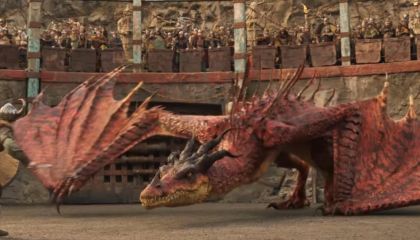
How to Train Your Dragon (2025)
How to Train Your Dragon (2025) Will Emotionally Wreck You and You’ll Thank It — Here’s Why
Look, I didn’t ask DreamWorks to emotionally uppercut me on a casual Tuesday night. I didn’t request for my heartstrings to be yanked like a harp solo at a Viking funeral. And yet, How to Train Your Dragon (2025) waltzed in, shined its glimmering dragon scales in my face, and reminded me why I’m still an absolute wreck over animated creatures that don’t even speak.
This movie shouldn’t have worked. The original trilogy wrapped up with a bow so perfect even Pixar was probably like, “Well played.” But somehow, against all odds and reasonable sequel etiquette, they made a continuation that slaps, soars, and occasionally shreds your feelings like a Night Fury dive-bomb.
A New Hero, Same Sky, More Tears
Meet Freya — Hiccup and Astrid’s daughter and your new animated obsession. She’s stubborn, brave, reckless, and exactly the kind of character you want leading a legacy film without making you roll your eyes. She doesn’t try to be her father, which is good, because let’s be honest: no one can rock that awkward Viking haircut quite like Hiccup.
Freya’s journey isn’t just about being a dragon whisperer. It’s about living up to expectations, figuring out who she is, and apparently ruining your mascara with tender moments between her and a glow-in-the-dark dragon named Lumen. Yes, Lumen is the bioluminescent, mood-ring beast you didn’t know you needed, and by the third act you’ll be ready to build him a sanctuary in your backyard.
Animation So Good It’s Basically Witchcraft
It’s 2025, and I shouldn’t be surprised that animated movies look like digital paintings brought to life by actual sorcery — but wow. The flight scenes alone made me want to call an airline and demand a ride on a dragon. Every cloud, every flicker of light, every single tiny droplet of mist clinging to a snout is a visual feast.
Lumen’s shimmering scales change color depending on his mood, which is both scientifically questionable and emotionally devastating when you realize his glow dims when sad. Thanks for that, DreamWorks. Really.
Powell’s Score: Once Again, I Am But a Puppet
John Powell’s back on the podium and guess what? The man still owns my soul. The score is equal parts heart-pounding adventure and orchestral gut-punch. When that familiar theme crept in during a mid-flight scene, I audibly gasped. A child sitting near me asked if I was okay. No, kid. I was not okay. And neither will you be.
New Faces, Same Minor Problems
While Freya and Lumen steal the show, the supporting cast is… there. They’re fine. Some fun one-liners, a few memorable designs, but no one hits like the original gang did. You’ll forget a couple of names by the time the credits roll, and that’s a shame because there was potential.
Also, let’s address the sky elephant in the room: some nostalgic callbacks are a little too on-the-nose. I get it, we all loved Toothless’ goofball smile and Hiccup’s heartfelt speeches. But maybe one or two references too many, guys.
Final Verdict: Am I Crying? Mind Your Business.
How to Train Your Dragon (2025) had no business being this good. It’s visually gorgeous, emotionally sincere, and surprisingly funny. Sure, it stumbles a bit with side characters and a finale that ties itself up a little too neatly. But you won’t care. By then, you’ll be too emotionally compromised by Freya’s journey, Lumen’s glow-ups, and Powell’s manipulative symphony to nitpick.
Go watch it. Bring tissues. And a therapist on speed dial.
- Freya is a relatable, fiercely independent lead
- Lumen is basically the neon dragon king we’ve all been waiting for
- Animation so beautiful it makes real life look like a blurry JPEG
- John Powell’s score remains undefeated in the emotional ambush category
- Humor lands better than most recent animated sequels
- Smartly builds on legacy without feeling like a lazy cash grab.
- Supporting characters could use more screen time and personality
- Nostalgia nods occasionally feel a bit forced
- The final conflict wraps up faster than expected, considering the stakes.

